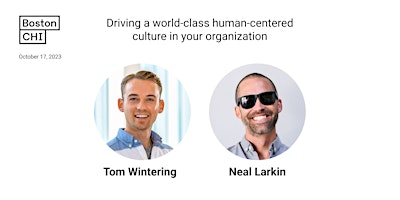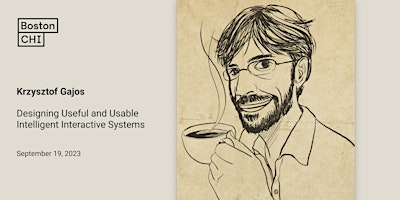The next BostonCHI meeting is Finding novel HCI paradigms for ASL-centric Interfaces for Deaf Users on Tue, Nov 14 at 6:00 PM.
Note: This is a hybrid event.
Abstract
Creating high-quality resources that are easily accessible in American Sign Language (ASL) is important and valuable to the Deaf community because it allows access to resources in the community’s first language and empowers individuals by increasing representation. However, even with videos signed by ASL-fluent experts and high-quality cameras that produce clear and well-understood video content, embedding the videos into online resources becomes necessary for users to access them through their screens and devices. Simply adding videos to an English-centric layout leads to unsatisfactory results because language conventions, differences in intuition, and expectations create varying scanning patterns and differing expectations regarding the placement and presentation of information. Therefore, careful design choices regarding the videos and their surroundings must be made to overcome this challenge.
Our research focuses on designing interfaces that do not rely on English fluency. In one of our projects, we are developing an ASL-centric survey tool that enables users to create, distribute, and respond to surveys in ASL. Our objective is to study UI design elements that can help users intuitively navigate resources without relying on English. We have conducted several rounds of user studies with Deaf participants to gather feedback and iterate on our designs. Lastly, we aim to contribute to the advancement of collaborative, human-centered methods and research by carefully reflecting on our user study methods and working toward creating guidelines for conducting research for and with the ASL community.
We collaborate with the ASL Education Center in Framingham, MA for this research.
About Shruti Mahajan
I am a Ph.D. candidate in the Human-Computer Interaction lab, Computer Science department at Worcester Polytechnic Institute (WPI). My research interests are accessibility and tangible user interfaces. My Ph.D. advisors are Prof. Erin Solovey and Prof. Gillian Smith. In my dissertation work, I focus on designing and studying user interfaces in American Signed Languages for the Deaf community. Additionally, I am also interested in working with tangible user interfaces. In this area, my research projects include working with touch-sensitive fabrics and Augmented Reality (AR) in collaboration with the Center for Functional Fabrics at Drexel University. My work has been accepted to CHI and ASSETS conferences. Across all my research projects, I care deeply about conducting user-centered and participatory research.
Apart from research, I am actively involved in several mentoring, outreach, and teaching activities at WPI. Outside work, I enjoy science fiction books/movies, and learning new languages!
Location
This is a hybrid event. The in-person component will be held at
Braker Hall, Room 001
Tufts University
8 Upper Campus Rd
Medford, MA, 02155
Link to campus map: https://campusmaps.tufts.edu/medford/#fid=m007
Paid parking is available at 419 Boston Avenue, Medford, 02155, and T access is via the Green Line, Medford / Tufts MBTA Station.
We’ll also be streaming via Zoom. The Zoom link will be provided to registered attendees ahead of the event. This event will be recorded.


